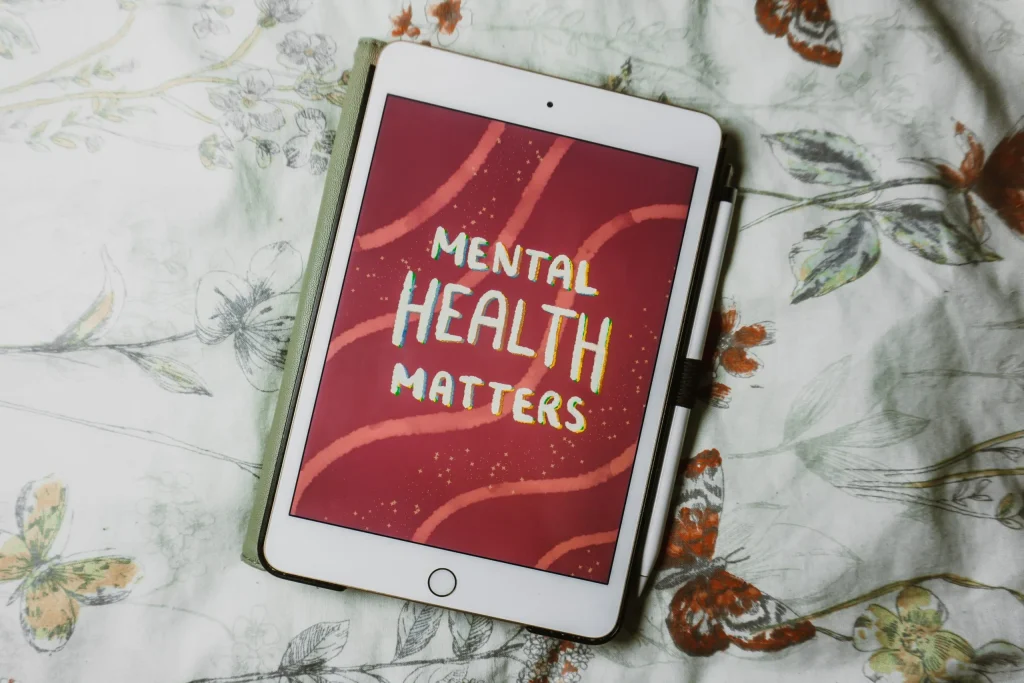It is a well-accepted notion that employers owe a duty of care to their employees. We have laws that work to ensure this and countless professional practices, guidelines and programs that aim to do the same. But to what extent is this duty owed and what type of care are they responsible for? In recent years, the push for organisations to take mental health more seriously has slowly increased and the recent ruling on the Kozarov v. State of Victoria case is not only evidence of this but has significant implications for employers and the responsibilities they must consider.
What Actually Happened?
Kozarov first joined the Victorian Office of Public Prosecutions (OPP) in 1999 as a paralegal. After a decade there, in June of 2009, she took up a new role at the Sexual Offences Unit (SSOU) at the OPP. But in April of 2012, Kozarov quit and four years later, in 2016, she filed for damages on the grounds of the personal injuries she argued were a result of her time at the SSOU.
As part of the role, Kozarov was required to handle gruesome, horror inducing material on a daily basis. Not only was she exposed to it, but the nature of the job required her to examine the abhorrent material beyond just a surface level view. For example, this included viewing graphic images and videos of extremely serious sex offences conducted against both children and adults on a consistent and repetitive basis.
Kozarov claimed that this resulted in immense psychological trauma; she suffered from post-traumatic stress disorder (PTSD) and major depression during and after her time there, which had severe consequences on her quality of life. Some of the impacts she faced included:
- Turning into a fearful and paranoid person
- Becoming abnormally protective over her own children
- A range of symptoms including but not limited to panic attacks, flashbacks, nightmares, loss of confidence and motivation, tiredness, difficulty processing information etc.
- Limited social contact
She argued that the fault in this situation lay with the employer as they had failed to implement practices that would prevent this from occurring, despite being aware of the psychological challenges posed to those that undertook roles at the SSOU. She further claimed that when she did begin to display signs of being unwell and requiring support, no assistance was provided.
The Court’s Ruling:
In 2021, after a long procedural history, the High Court ruled in favour of Kozarov. The court found that the employer had ultimately failed “to provide a safe working environment that protected its employees from risks to their health in the workplace”.
It is significant to note here that the employer’s arguments, that exposure to distressing content was part of the job description or that they had been unaware of any impairment to Kozarov’s wellbeing until her 2012 email (in which she cited her decision to leave her role), fell short at court.
The judge found that a reasonable employer should have known by June 2011 that Kozarov’s mental health had been impaired. The employer however lacked adequate preventative measures or a system that had safeguards for checking in on the health of employees, and this ultimately resulted in psychiatric injury to Kozarov. To this day, she continues to be impaired by the symptoms of her PTSD as well as the manner in which her overall outlook on life and general wellbeing have been diminished.
What does this mean for an employer’s responsibility towards mental health?

Patsy Toop, Kozarov’s lawyer, thinks that the outcome of the case sheds light on the fact that the responsibility of managing one’s mental health has been shouldered by employees alone for far too long. She described the outcome as ‘extremely important and significant for workplace psychiatric injury that’s suffered generally throughout Australia’. Moving forward, she thinks it’s crucial that workplaces take measures to ensure that there are practices and safeguards in place to protect and encourage the good mental health of their workers.
Employers are responsible for, and can hence be held accountable to, the occupational health and safety of workers and the ruling here is an important reminder that mental health injuries can be as detrimental to employees as physical ones. This is particularly true for employees who are naturally faced with more high-stress circumstances such as medical professionals, the police force and social workers.
Employers must actively seek to ensure that they are aware of the different mental health implications that their employees may face as a result of their work. For example, working on cases at the SSOU has more potential for mental harm than working on minor copyright law cases. They then also have a responsibility to incorporate policies and procedures, such as regular welfare checks, to combat the greater risk to mental health.
What can case management software do?
Whilst any liability for mental health harm as a result of work differs on a case-by-case basis, it is crucial that there are means of handling such issues internally before any employee suffers from significant psychological damage. It is becoming increasingly clear that the lack of case management software to handle ongoing OH&S support for mental health related issues is no longer an acceptable state for an employer invested in the wellbeing of their employees.
In fact, one of the significant notes made by the judge in the ruling of this case was that despite the incredibly stressful nature of Kozarov’s role, there was “no management system in place that tracked whether individual staff were confronting particularly disturbing material or events”.
Widespread implementation of case management software would provide a system through which employers can maintain a better understanding of the welfare of employees and where issues can be raised and responded to in an adequate manner. It would be an incredibly valuable safeguard through which any psychological hazards to employees can be tracked and no doubt prove helpful in ensuring that not only are workers prevented from suffering psychiatric injury but that a company is ultimately meeting its duty of care.
Let's Get Started
Interested in learning more about how Polonious can help?
Get a free consultation or demo with one of our experts




